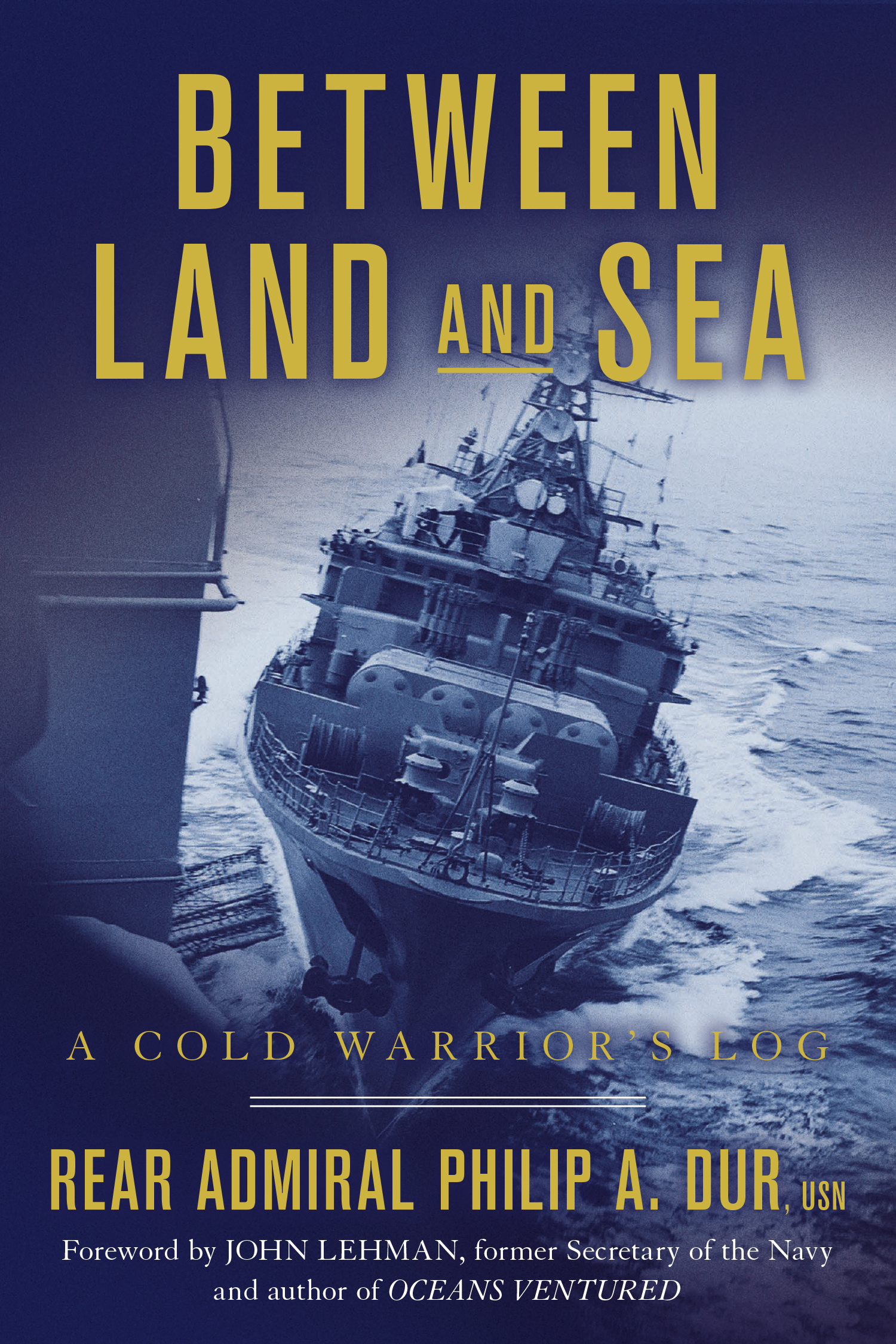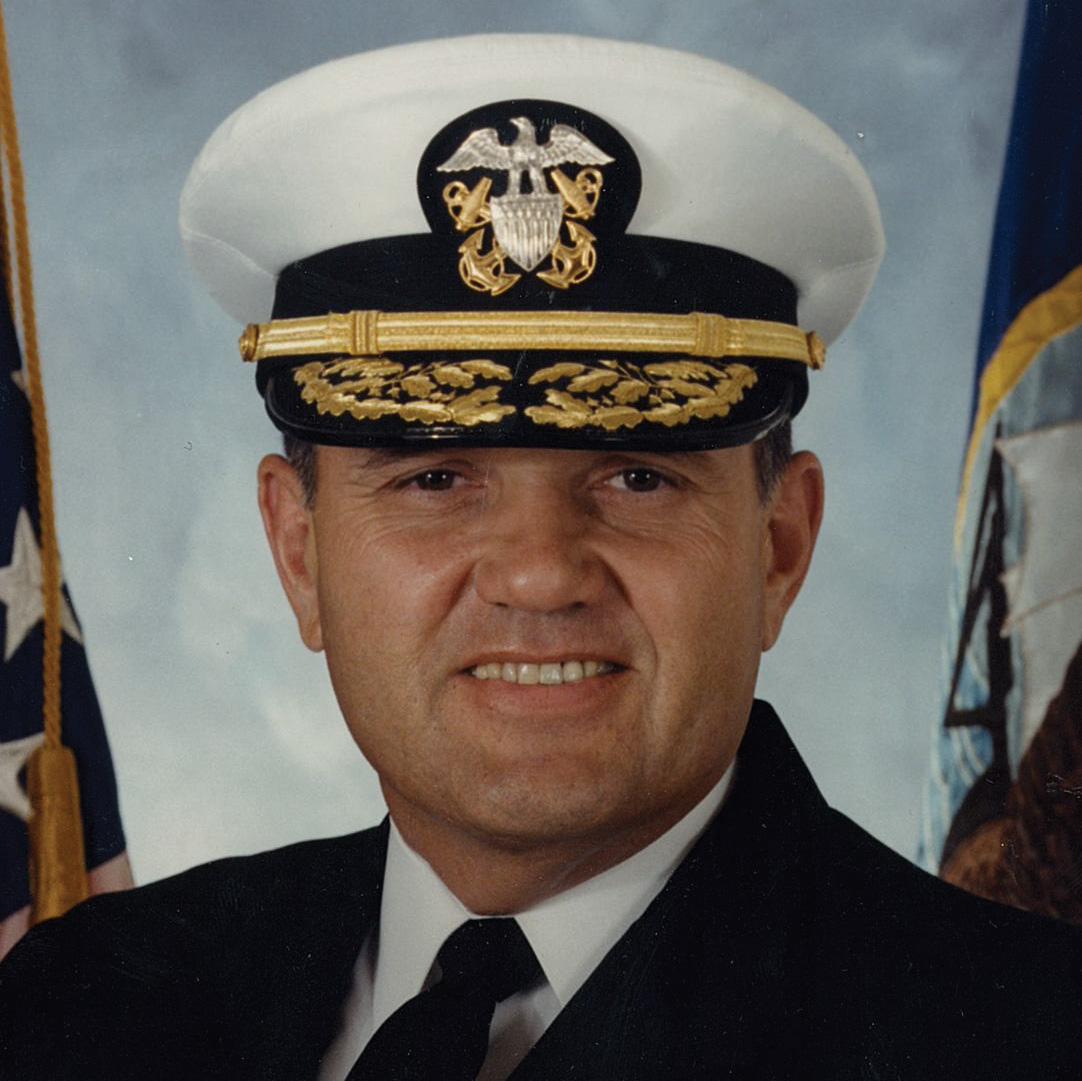Between Land and Sea
Philip Dur
Career advancement for naval officers is generally considered to lie in progressively more demanding assignments in ships and staffs while at sea and those supporting the fleet when ashore. In fact, beyond these “core” career assignments, there are abundant opportunities in strategic and national security policymaking and even diplomacy and foreign affairs!
Between Land and Sea recounts Admiral Dur’s vast experience over thirty years in the US Navy. Read about challenges commanding ships and a Carrier Battle Group as well as strategy and policy assignments, including leading the navy’s strategy division and serving as Director of Political Military Affairs on the NSC staff, advising and briefing President Ronald Reagan on critical events in the Middle East. Discover opportunities overseas, such as the admiral’s assignment as a US Defense attaché in Paris, working with the highest levels of the French national security establishment as the Cold War ended and as war erupted in the Persian Gulf.
With pointed insights on the complex challenges that lie ahead, Between Land and Sea is a must-read for the next generation of operators and strategists.
Press & Praise
I first met Phil Dur in 1967 when he was a lieutenant (junior grade) assigned to the admiral's staff aboard the USS Little Rock in the Sixth Fleet. I was the civilian member of the Center for Naval Analyses assigned to the admiral's staff. We have been friends and frequent correspondents since. Phil had an outstanding career in the navy as is obvious from this fascinating account of demanding assignments at sea and ashore. The rich variety of experiences made his a truly exceptional naval career.
I had the pleasure to serve with then Commander Phil Dur in the Strategy and Concepts Branch of the navy staff in the 1970s. While there and ever since, Phil was one of the navy's most creative and forward-looking officers. When Rear Admiral Dur retired, the navy lost a great officer who has now contributed further by describing in colorful detail the highlights of his wonderful career. This book provides important background for officers of today and in the future who want to contribute in the most powerful ways.
Phil Dur is a Renaissance sailor-equally at home in high-level Washington/NATO meetings or on the decks of his commands with regular sailors. More importantly, he is a closet iconoclast, comfortably challenging cherished military cultural norms with logic and fervor. I commend his book to your reading. We need more leaders like him today, more than anytime since WWII.





